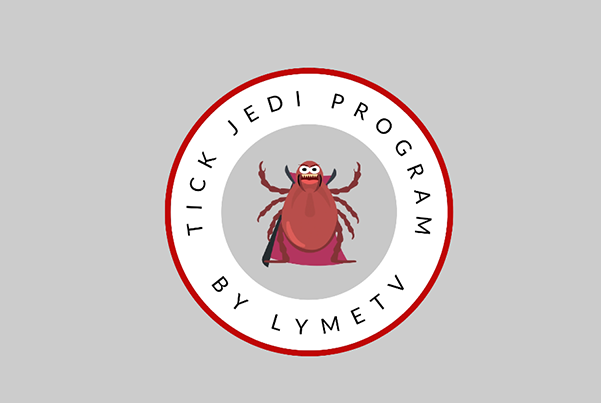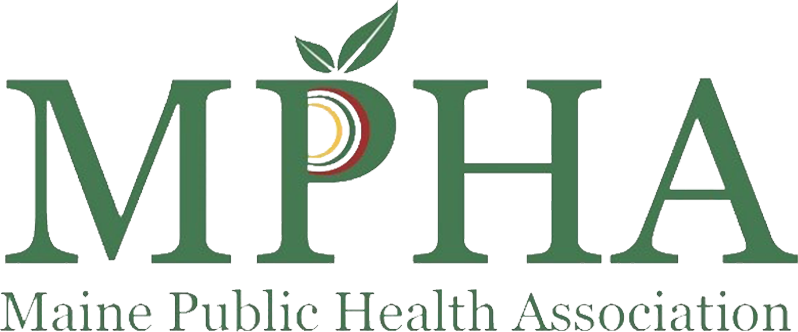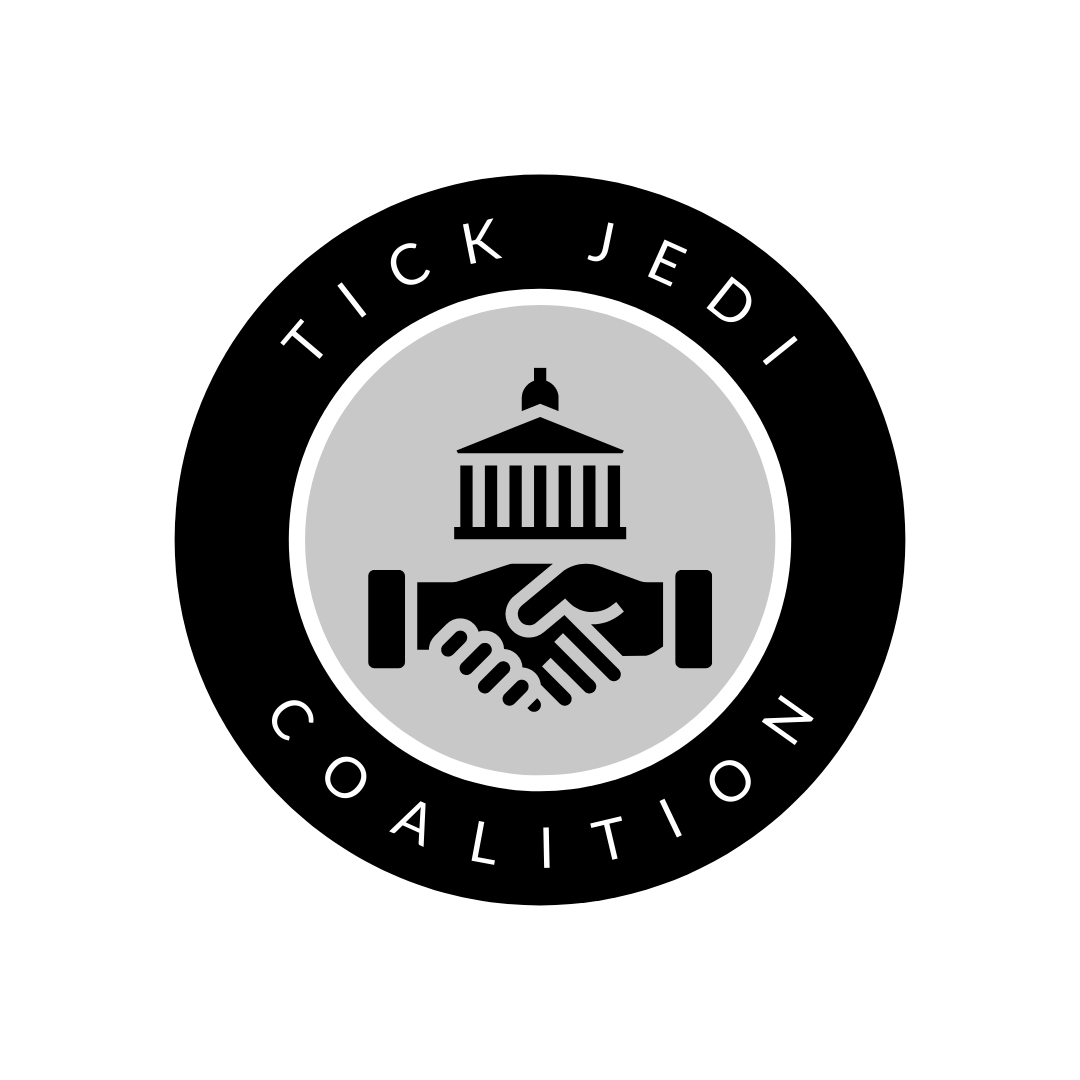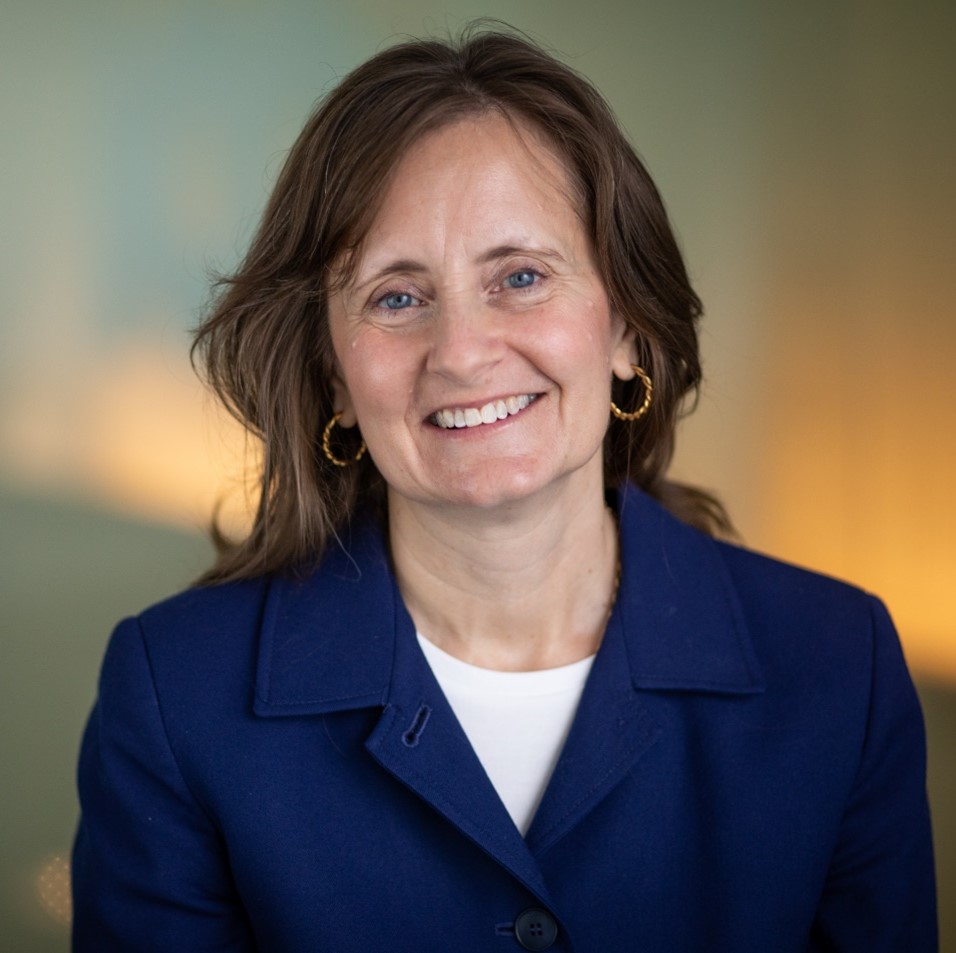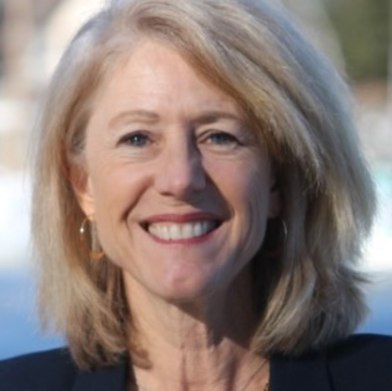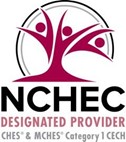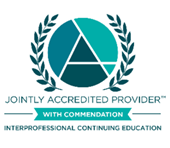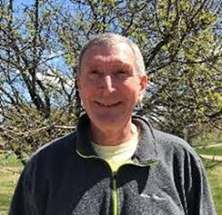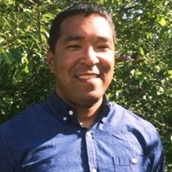
Change Management - Using the ADKAR Model for Individual and Organizational Change
What is the ADKAR model and how is it used effectively to manage change in your public health organization?

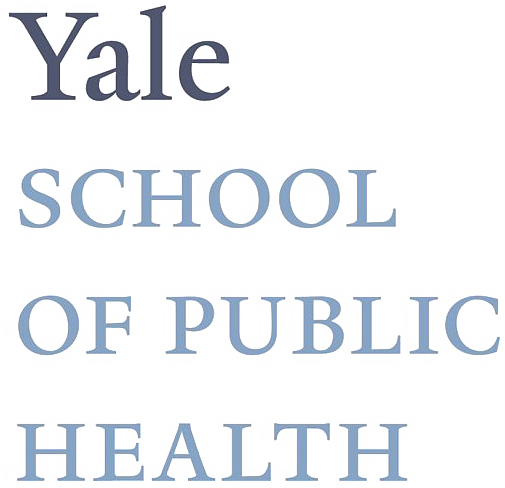
Enroll
Course Information
- Audience: Public health professionals, public health leadership
- Format: Self-Paced
- Price: Free
- Length: 1 hour
- Credential(s) eligible for contact hours: Sponsored by New England Public Health Training Center (NEPHTC), a designated provider of continuing education contact hours (CECH) in health education by the National Commission for Health Education Credentialing, Inc. This program is designated for Certified Health Education Specialists (CHES) and/or Master Certified Health Education Specialists (MCHES) to receive up to 1 total Category I continuing education contact hours. Maximum advanced-level continuing education contact hours are 1. Provider ID: 1131137 Event ID: SS1131137_CMADKAR
If you are not seeking a CHES/MCHES contact hours, if you complete the post-test and evaluation, you will receive a Certificate of Completion. The Certificate will include the length of the course. - Competencies: Leadership and Systems Thinking Skills
- Learning Level: Awareness
- Companion Trainings: None
- Supplemental materials: Course Guide and Technical Requirements (PDF)
- Pre-requisites: None Articulate
- Technical Requirements: This training was created with Articulate Storyline. Please refer to the Articulate 360 System Specifications to ensure your system meets the minimum requirements for viewing.
About this course
This course introduces the idea of change management, specifically the ADKAR model. This model can be used by public health leaders to ease the process of change within an organization and increase the likelihood that changes will be successfully implemented. Learners will have the opportunity to use a real health department scenario to apply ADKAR and better understand how it to use it in their own work.
What you'll learn
After completing the training, you will be able to:
- Define change management
- Recognize the steps of the ADKAR model of change management
- Explain how a collaborative approach can be integrated with the ADKAR model
- Apply the ADKAR model in a Health Department case study
- Discuss the importance of change management to public health practice
Subject Matter Expert
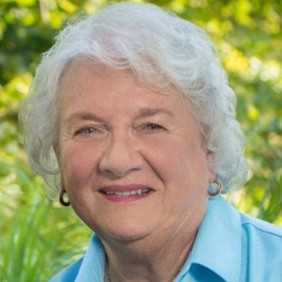
Doe Hentschel, PhDLeadership of Greater Hartford
Dr. Doe Hentschel joined the staff of Leadership Greater Hartford in 2000 after retiring from a long and distinguished career in higher education. She began her LGH career as program director to develop the Third Age Initiative™, LGH’s program to identify, develop and engage older adults in meaningful ways in the community. As Senior Program Director (2006-2007) and then Vice President for Programs (2008-2019), she was involved with developing and implementing many of LGH’s core programs and its consulting and training services. In her current role as “Leadership Preceptor,” she continues to direct the Third Age Initiative™, contribute as curriculum designer and facilitator in many LGH programs and services, and serve as a guide and mentor to her colleagues. A seasoned administrator in higher education, “Dr. Doe” served as Vice President for Academic and Student Affairs at Pine Manor College, Dean of Extended and Continuing Education at the University of Connecticut, and Dean of Adult and Continuing Education at SUNY College at Brockport. She was on the faculty at the University of Wisconsin-Milwaukee in the department of Administrative Leadership/Adult Education where she taught graduate courses in Adult Learning and Development, Continuing Professional Education, Program Development and Implementation, Evaluation, Leadership for Change, and Group Dynamics. Prior to earning her Ph.D. in Urban Education with a focus in Administrative Leadership/Adult Education, she held administrative positions at William Rainey Harper Community College in Palatine, Illinois, and in the statewide public service administration at the University of Illinois. “Dr. Doe” has published more than 50 articles, chapters, and research papers. A leader in curriculum design, she has drawn on her expertise to enrich and expand community leadership programming for people of all ages. In her first book, Look Ma! No Hands! Life’s Lessons Learned the Hard Way (2022) she shares her philosophy of life and leadership drawn from stories about the six months after she broke both elbows in a bicycle accident and had no use of her hands and arms. In 2010, the Association of Leadership Programs honored Dr. Doe with the Preceptor Award, its highest recognition. She was named a Top Ten member of the Connecticut 60 over 60 class of 2018. In 2013, Dr. Hentschel was inducted into the International Adult and Continuing Education Hall of Fame. Dr. Hentschel relocated to Hartford in 2010 from her historic home in Willimantic. She is a trustee of the Watkinson School and serves on the Advisory Board of the Master of Science in Organizational Leadership at Goodwin University. Diagnosed with Parkinson’s Disease in 2009, she serves on the Patient and Family Advisory Council for the Chase Family Movement Disorders Center at Hartford HealthCare. Dr. Doe is the proud mother of two and grandmother of four. Her son and his family live in San Diego, and her daughter and her family live in Preston, CT.
Enrollment and Contact Hours
Select the Enroll Me button below to register for this course. If you have any trouble accessing the recording, contact
support@nephtc.org.
Acknowledgement: This project is supported by the Health Resources and Services Administration (HRSA) of the U.S. Department of Health and Human Services (HHS) as part of award 2 UB6HP31685‐05‐00 “Public Health Training Centers.” The contents are those of the author(s) and do not necessarily represent the official views of, nor an endorsement, by HRSA, HHS or the U.S. Government.











